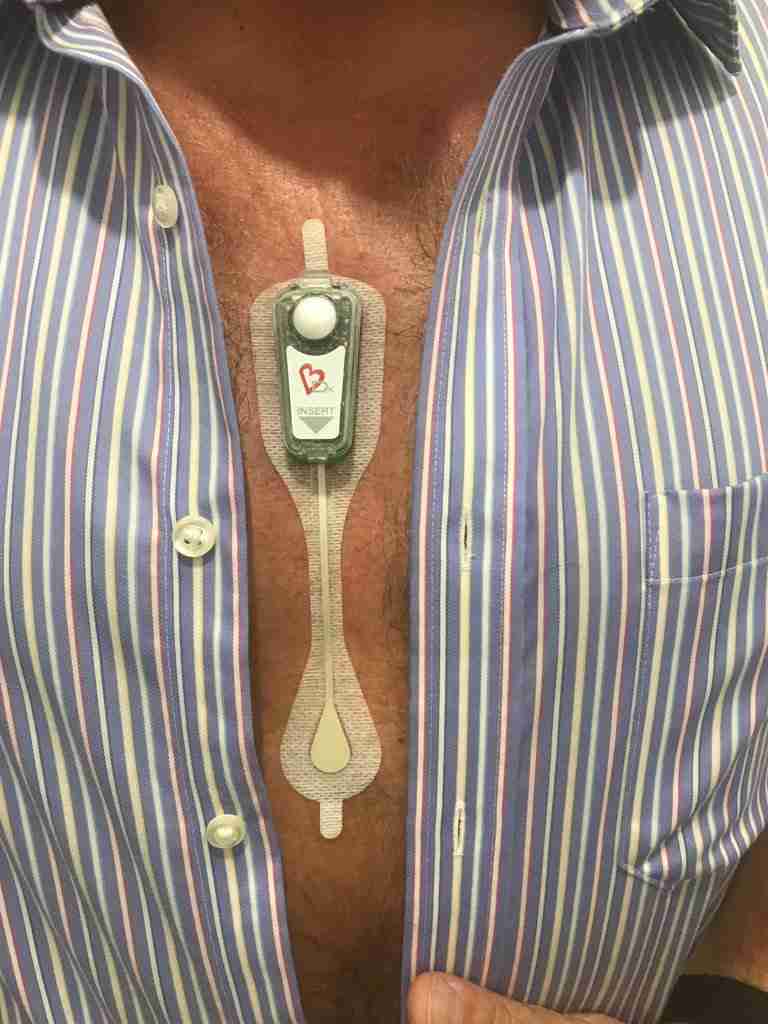Prof Lis Neubeck L.Neubeck@napier.ac.uk
Professor
Prof Lis Neubeck L.Neubeck@napier.ac.uk
Professor
Cardiovascular disease in women has been historically understudied despite evidence of delayed diagnosis and worse outcomes. Spontaneous coronary artery dissection (SCAD) causes unheralded heart attacks or sudden cardiac death. It predominantly afflicts women and some link to female hormones is suggested since SCAD often occurs pre-menstrually, after pregnancy and around the time of the menopause. The precise association is not known but it may be the decline in hormones or fluctuations at these times which increase vulnerability. We have been working with a group of UK SCAD-survivors to deliver research into this condition
https://beatscad.org.uk).
Although the damaged blood vessel heals after SCAD, patients frequently continue to be affected by chest pain for months or years after SCAD, readmissions to hospital are frequent and SCAD can recur (10% risk over 5-years follow-up). Intrusive menopausal symptoms can also impact on patient recovery and patients are frequently advised not to take hormone replacement therapy (HRT) because of the potential link to female sex hormones and
theoretical concerns HRT might make things worse. Patients want to know if they can safely take HRT and if doing so will help their post-SCAD symptoms, particularly chest pains, in addition to their menopausal symptoms.
We already work with international partners to deliver SCAD research and as a group we have just published the discovery of 16 risk genes for SCAD using data from several thousand global patients. We would like to establish an international multicentre trial with our existing research partners to answer our patients questions and investigate the efficacy of body identical HRT (bi-HRT) for post-SCAD chest pain and assess the safety profile of bi-HRT in our
patients.
Before doing this we would like to road-test the feasibility of a HRT clinical trial in this population. This will allow us to check on a smaller scale if we can recruit patients, randomly assign them to treatment with bi-HRT or a dummy version (placebo), and collect sufficient data on their symptoms and outcomes. It will also provide us with information regarding any potential impact of HRT on outcomes to allow us to calculate the number of patients we would need in
a full-scale trial. This will ensure a future, probably multinational, study will provide the data needed to guide patients’
decisions on whether or not HRT helps post-SCAD chest pain and whether HRT in SCAD patients has the same safety profile as non-SCAD patients
| Type of Project | P05 - Government Research Grants |
|---|---|
| Status | Project Live |
| Funder(s) | National Institute for Health Research |
| Value | £0.00 |
| Project Dates | Jul 1, 2024 - Jun 30, 2027 |
| Partner Organisations | *NDD* BEAT SCAD |

Low uptake of physical activity programmes by men; why don’t they go? Sep 1, 2016 - Jul 31, 2022
This nurse-led project will be an interdisciplinary collaboration between leading researchers working in Edinburgh Napier University, in the University of Sydney, and Flinders University, Adelaide Australia, nurses in NHS Fife and allied health profe...
Read More about Low uptake of physical activity programmes by men; why don’t they go?.

Secondary detection of atrial fibrillation Jan 1, 2018 - Oct 31, 2019
Secondary detection of atrial fibrillation post stroke.
Cardiovascular disparities among young adults in Scotland: Linking the Scottish Longitudinal Study from 1991 to 2011 Jul 1, 2018 - Dec 31, 2019
In this study, we aim to examine:
1. Trends in the prevalence of hospital admissions for CHD in young adults and compare them with older adults between 1991 to 2011;
2. Trend in the annual rates of major CHD events (non-fatal MI and CHD death) in...
Read More about Cardiovascular disparities among young adults in Scotland: Linking the Scottish Longitudinal Study from 1991 to 2011.

Increasing medication adherence among adults with atrial fibrillation: A Medical Research Council complex intervention framework development and feasibility study. Jul 1, 2019 - Mar 31, 2023
Atrial fibrillation (AF) is a common abnormal heart rhythm affecting more than 1-million people in Scotland. People with AF are five-times more likely to have a stroke and twice as likely to die, compared to those without AF. Strokes caused by AF are...
Read More about Increasing medication adherence among adults with atrial fibrillation: A Medical Research Council complex intervention framework development and feasibility study..
Who benefits from cardiovascular risk reduction programmes? Building a Scottish observatory to measure the impact of blood pressure (BP) telemonitoring and future cardiovascular risk reduction interventions Sep 1, 2020 - Sep 30, 2024
The British Heart Foundation is partnering the Scottish Government in supporting the roll out of an evidence based BP telemonitoring initiative (scale up BP) in order to facilitate increased detection and improved management of hypertension and subse...
Read More about Who benefits from cardiovascular risk reduction programmes? Building a Scottish observatory to measure the impact of blood pressure (BP) telemonitoring and future cardiovascular risk reduction interventions.
About Edinburgh Napier Research Repository
Administrator e-mail: repository@napier.ac.uk
This application uses the following open-source libraries:
Apache License Version 2.0 (http://www.apache.org/licenses/)
Apache License Version 2.0 (http://www.apache.org/licenses/)
SIL OFL 1.1 (http://scripts.sil.org/OFL)
MIT License (http://opensource.org/licenses/mit-license.html)
CC BY 3.0 ( http://creativecommons.org/licenses/by/3.0/)
Powered by Worktribe © 2025
Advanced Search